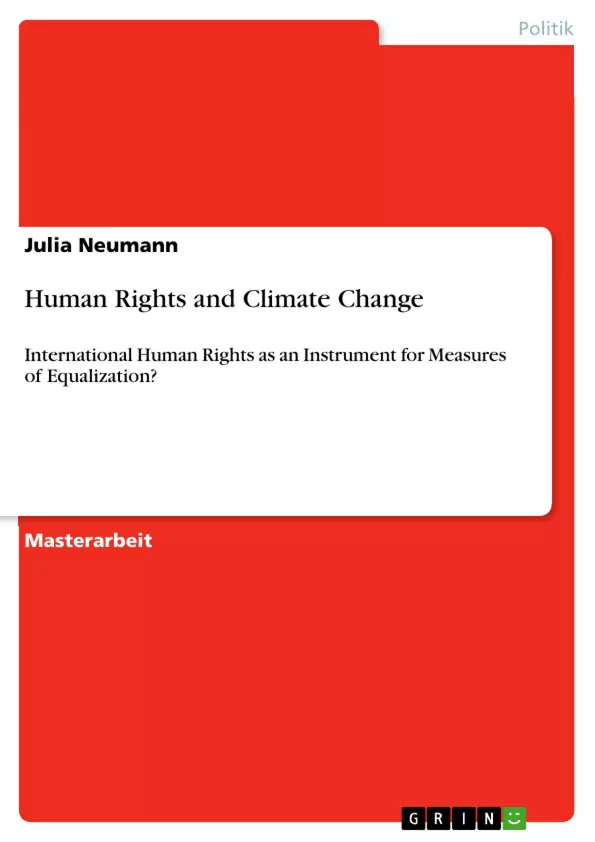This paper considers duties and liability of independent non-executive directors as authorities of advice and control in companies. It deals with the question of how non-executive directors should be made liable for mismanagement of the board, but primarily by, and particular failures of their own through breach of duty.
Rather than engaging in the debate about non-executive directors’ function and their efficiency for a business enterprise, the essay takes the latter as a given. Instead, it neutrally provides an outline of non-executive directors agreed functions, preferred skills and favoured qualities.
The paper, moreover, details on the different duties deriving from common law principles, equity, and case law. It also considers on statutories and codes as well as contractual provisions providing equivalent regulations on directors’ duties. This is to draw a complete picture of non-executive directors’ role in a company and to classify where liability can result from.
Furthermore, non-executive directors’ liability is analysed. The focus, hereby, lies on the determination of directors’ negligence. The issue is considered as to whether a court applies a different degree of negligence on non-executive directors than on executive directors. In this context, the influence of contractual provisions is contemplated. In addition, liability of non-executive directors is also compared to the liability of supervisory board members.
Subsequently, alternative mechanisms of equalizing the risk of liability, such as indemnifications, insurances, and adequate reimbursements, are examined more closely. Concluding on non-executive directors’ liability, the paper declares the loss of reputation and further “soft” sanctions as the actual sanction on non-executive directors.
Contents
Abstract
Chapter 1 Introduction
A. The Global Warming and its Causes
B. Effects and Consequences
C. Copenhagen’s 2 Degree Goal
Chapter 2 Climate Change as a Legal Matter
A. Human Rights Implications of Climate Change
B. Human Rights
I. The Human Rights System
II. Specific International Human Rights
in the Context of Climate Change
1. The Right to Life
2. The Right to Food
3. The Right to Water
4. The Right to Adequate Housing
5. The Right to Health
6. The Right to Self-Determination, and Indigenous Rights
7. The Right to Information, Participation, and Access to Decision Making
III. Human Rights-based Cases
on Environmental Issues
1. Lopez Ostra v Spain
2. Oneryildiz v Turkey
3. Budayeva v Russia
4. Hungary v Slovakia
Chapter 3 Systematic Analysis of the Human Rights Approach
A. Criticism and Evaluation on the International Human Rights Approach
I. Legally Protected Goods and Legal Norms
II. Violating Actions
III. Causation and Accountability
IV. Compensation, Sentences, and Remedies
V. General Criticism on the International Human Rights Approach
B. Alternative or Additional Approach: The 1951 United Nations Convention Relating to the Status of Refugees
Chapter 4 Conclusion
A. Conclusion on the International Human Rights Approach - Synopsis of the Summarized Criticisms and Potentials
B. Mutual Measures of Equalization and Non-Claim-Based Remedies
Bibliography
Frequently Asked Questions
How does climate change affect human rights?
Climate change impacts fundamental rights such as the right to life, food, water, adequate housing, and health due to environmental degradation.
What are the duties of non-executive directors regarding climate risks?
Directors have a duty of care and advice, and they may be held liable for mismanagement if they fail to address environmental risks within their companies.
Which legal cases connect human rights and environment?
The paper mentions cases like Lopez Ostra v Spain and Budayeva v Russia as examples of legal battles regarding environmental protection and rights.
What is the "Copenhagen 2 Degree Goal"?
It refers to the international objective to limit global warming to below 2 degrees Celsius compared to pre-industrial levels to prevent catastrophic consequences.
Can international law protect climate refugees?
The paper discusses using the 1951 UN Convention Relating to the Status of Refugees as an alternative approach for those displaced by climate change.
- Citation du texte
- Julia Neumann (Auteur), 2010, Human Rights and Climate Change, Munich, GRIN Verlag, https://www.grin.com/document/166828



